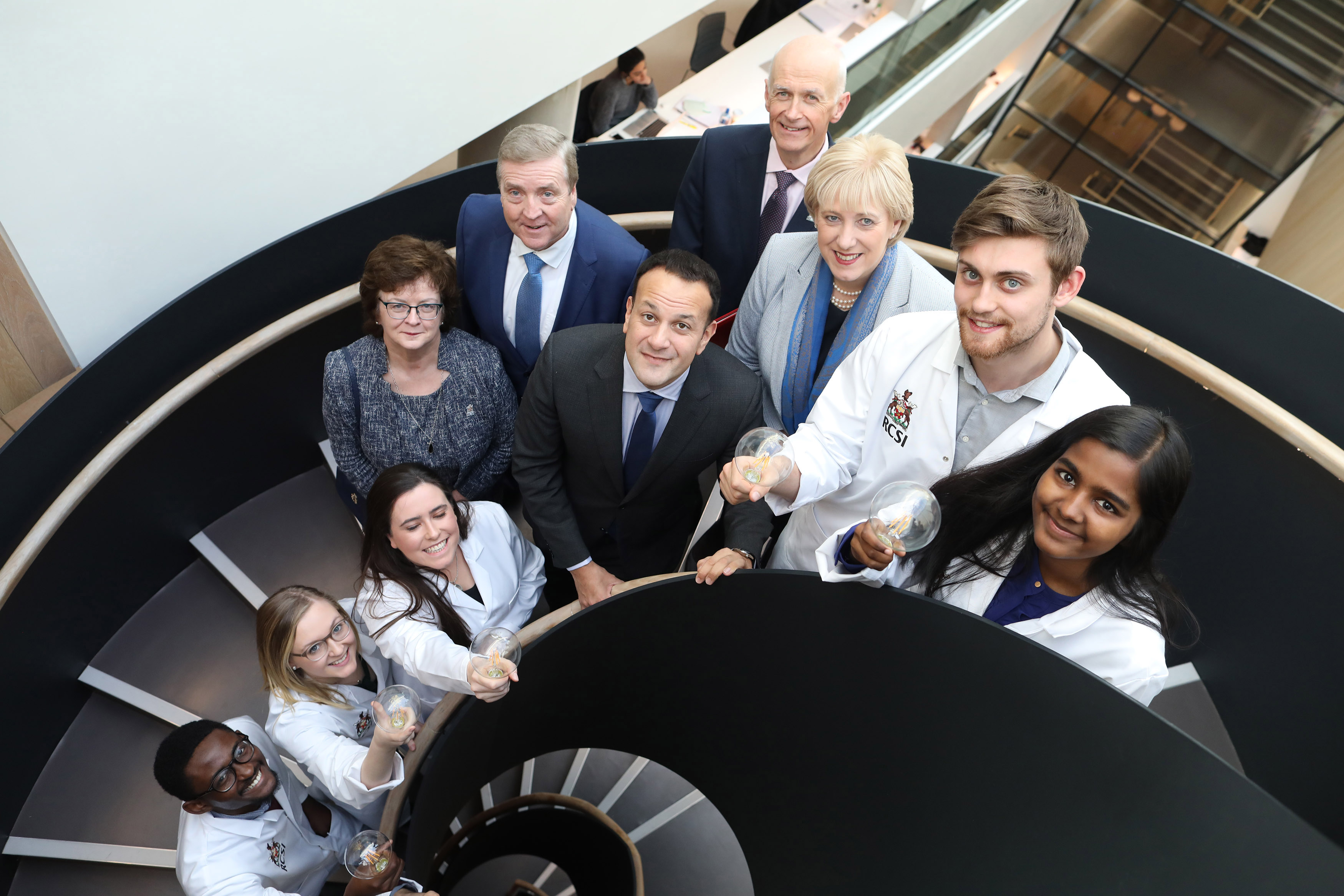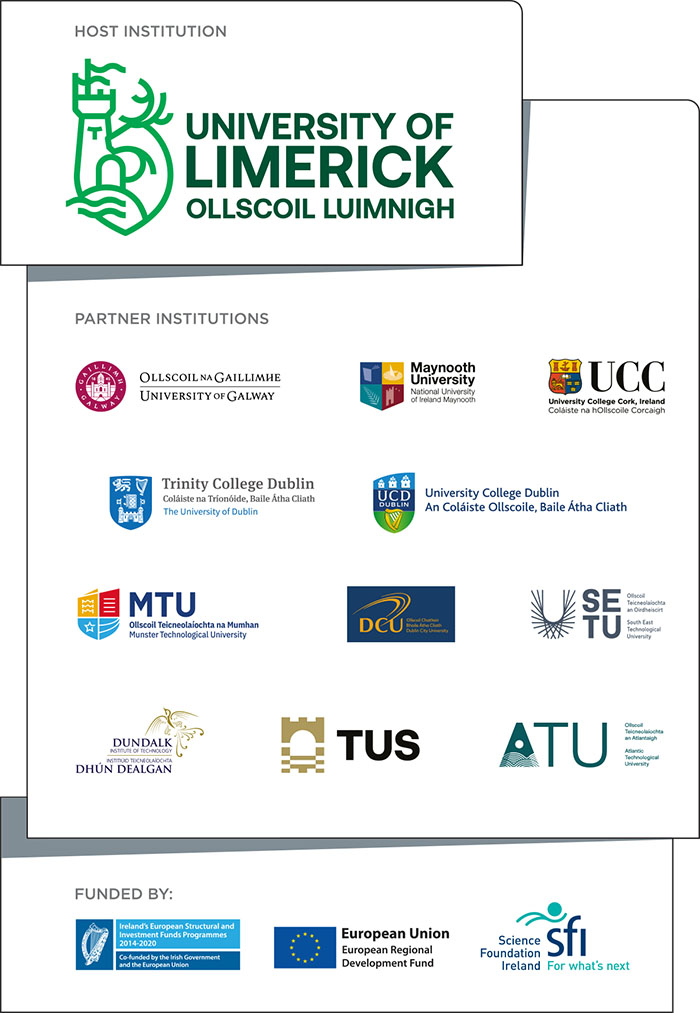Lero researchers awarded disruptive technologies innovation grants
You are here
Projects involving Lero researchers, based in Higher Education Institutes across the country, are to receive in excess of €12 million from the Disruptive Technologies Innovation Fund.
An Taoiseach, Leo Varadkar TD and Minister for Business, Enterprise and Innovation, Heather Humphreys TD unveiled a total of 27 innovative projects who are sharing over €75 million in funding between now and 2021 under the first tranche of the Disruptive Technologies Innovation Fund.
Announcing the successful projects, An Taoiseach said: “The creation of this fund is particularly timely when we consider the vast and rapid technological advancements that are taking place. Today everything is faster, more efficient, and more easily accessible. We must adapt to a future of greater digitalisation and automation. Today’s school children will be employed in jobs and industries that don’t exist yet. Technology will eliminate or transform existing occupations.
“We are currently developing a new Plan, the Future Jobs Initiative, to meet these challenges and ensure we assist industry to create and sustain good jobs for our people in light of future challenges and opportunities. The Disruptive Technologies Innovation Fund is central to the Future Jobs Programme. It’s our way of stimulating private investment in new technologies and ways of doing business, and building stronger links between higher education, multinationals and Irish SMEs.”
Holistic Human Sensing for Health, Aging and Wellness, a project to disrupt the smart wearables industry value chain was funded to a value of €7.4 million. Consortium members include Lero at University College Cork (UCC), Tyndall National Institute, DABL, PMD Solutions, Setanta, Sanmina, Design Partners, VRAI, Henkel, ADI, HRB CRF-C, and Insight at UCC. The project plans to deliver end-to-end HealthTech solutions based on emerging human-centric intelligent sensors and their wireless communication to support new products.
Lero researchers at Dublin City University as well as enterprise partners Fourtheorem and Fineos have been allocated €1.6 million for their project Future Software Systems Architectures. This will leverage the internet network capability as a means of rapidly operationalising new software features.
Lero spinout Nova Leah at Dundalk Institute of Technology (DKIT) will receive €1.5 million for a Connected Medical Device Cybersecurity Transparency project. This project will use Artificial Intelligence, Data Analytics and Blockchain techniques to provide a real-time platform for the two-way communication of safety-critical security information between medical device manufacturers and hospitals.
Nova Leah and DKIT are also part of a consortium awarded €2.2 million to build a platform which can host, manage, process and analyse medical images and text data. The consortium also includes IBM Ireland, University College Dublin and Davra Networks Ltd.
According to Minister Humphreys: “This Fund is about ensuring that Ireland can stay ahead of the game to secure the jobs of the future. Disruptive technologies will significantly change the way that we work and live and we need to embrace the changes coming our way. A recent OECD study estimated that the average Irish worker faced a 46 per cent probability of being automated by the 2030s so we cannot afford to stand still.
“We are lucky in this country to have amazing companies that are doing amazing things in technology, both indigenous and multinational. We also have world-class researchers so there is a lot we can achieve by working together.
“These 27 projects have devised groundbreaking solutions that will help us to future-proof our economy.”
Also speaking at the launch, Minister of State for Training, Skills, Innovation, Research and Development, John Halligan TD said: “These projects represent exciting collaborations happening between Ireland’s cutting-edge research base and our vibrant, dynamic enterprise and start-up community, reflecting the excellent skills we have here. I am delighted to support projects that will help to position Ireland as a Global Innovation Leader and lead the way in driving disruptive technologies innovation.”
Over 300 applications were made under the first round. Successful projects have made it through a highly-competitive process involving screening by a panel of international experts.





